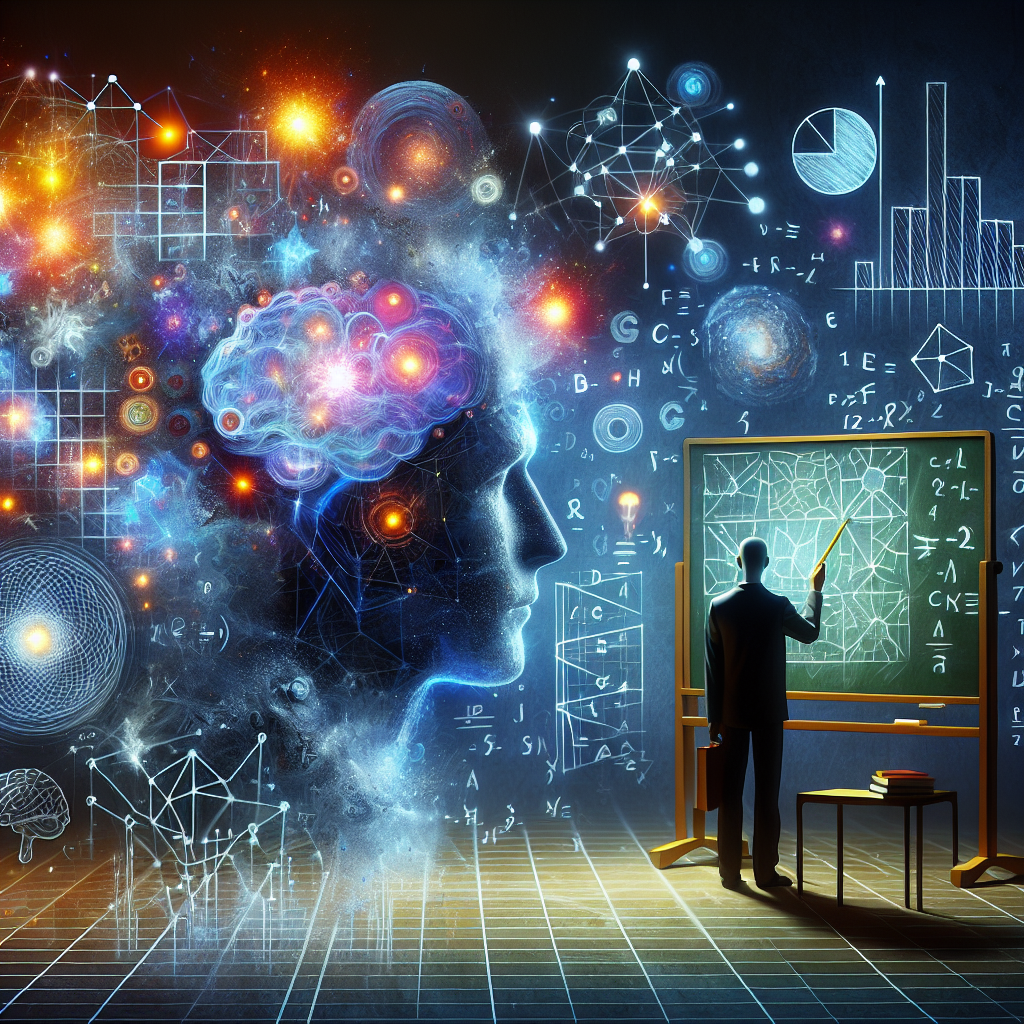Introduction: A Brain Game That Counts Imagine a puzzle where each piece is a fragment of your brain’s untapped potential. Emerging research on brain development suggests that honing our memory could be a crucial part of this puzzle, especially when it comes to subjects like mathematics. Welcome to an intriguing world where the seemingly unrelated […]
Tag: Cognitive neuroscience
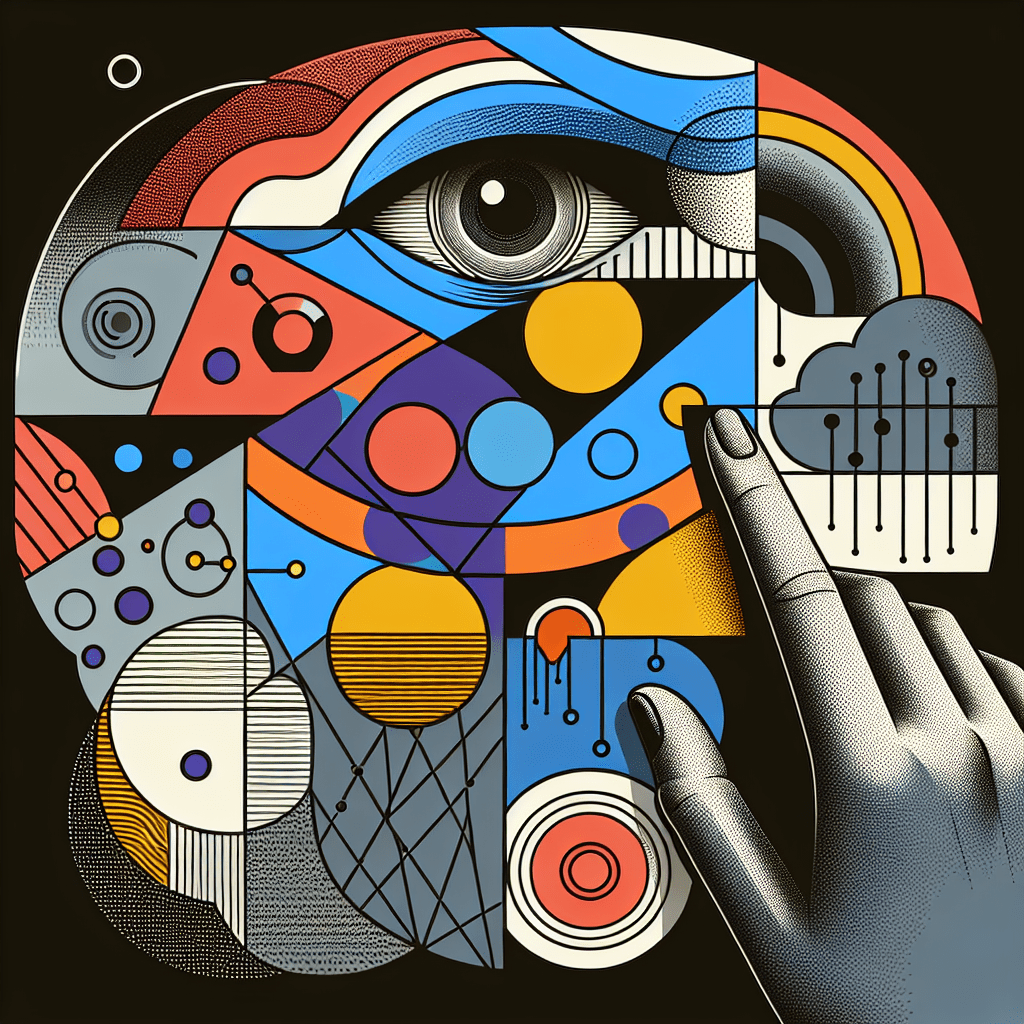
Decoding Depression: How Our Thoughts and Hidden Biases Predict Future Moods
Introduction: Unlocking The Secrets of The Mind Imagine if we could foresee the onset of depression, much like meteorologists predict the weather. What if a simple quiz could help us identify hidden thoughts and feelings that make us vulnerable to this pervasive condition? Fascinating, right? A groundbreaking research paper titled Cognitive Reactivity, Implicit Associations, and […]
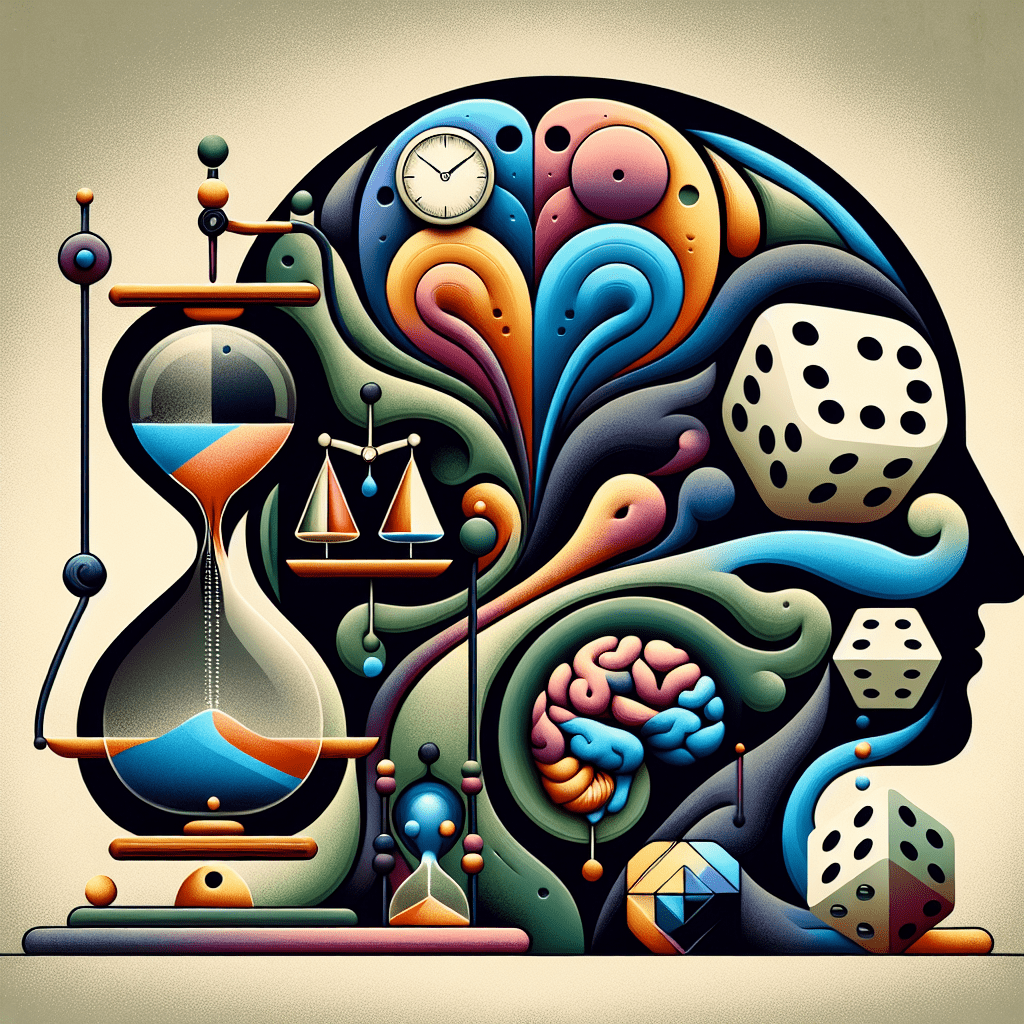
The Psychology of Patience: Exploring the Effects of Self-Control on Risky Gambling
Introduction: Unveiling the Mind’s Tug-of-War Imagine standing at a casino, colorful slot machines all around, lights flashing, and the enticing sound of coins dropping. Temptation is at its peak. Can a momentary pause, a brief flicker of self-control, alter your decision to gamble? This internal conflict between impulse and restraint is at the heart of […]
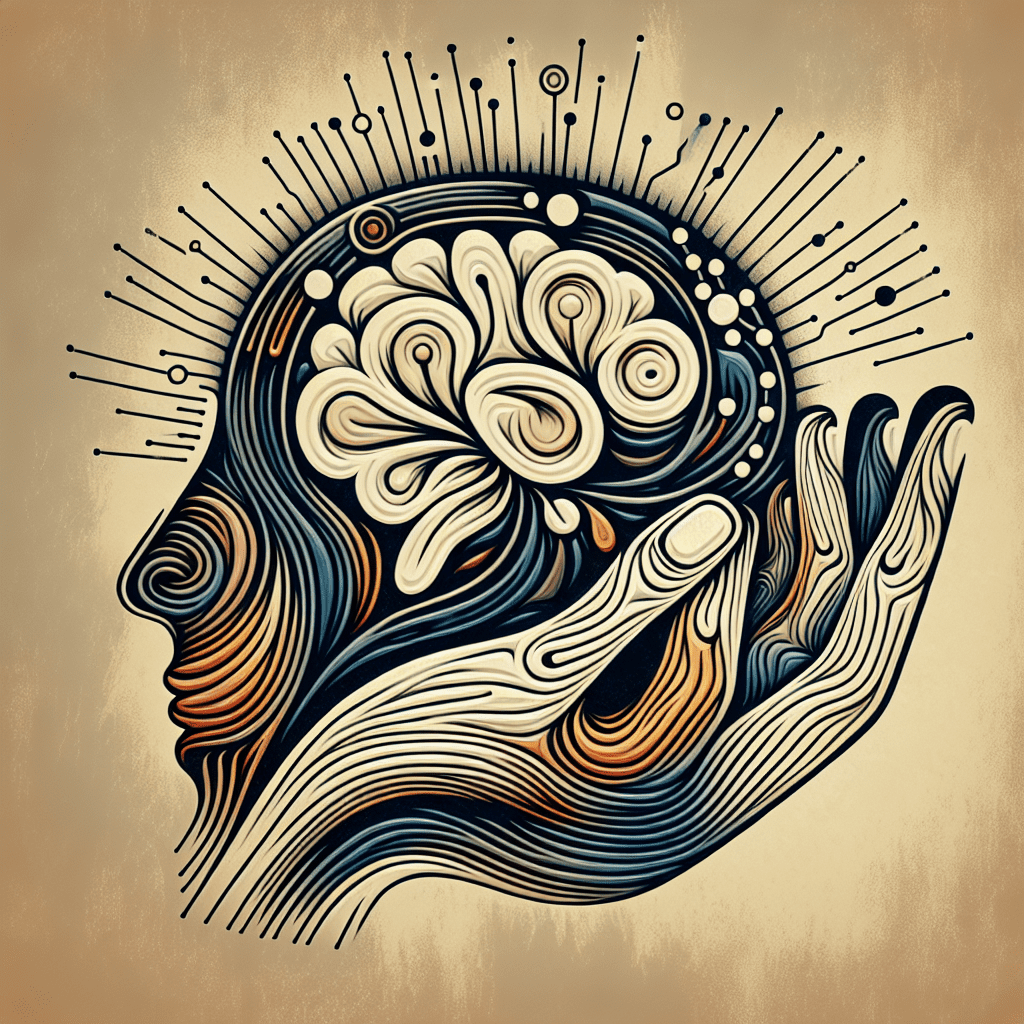
Unraveling the Minds of Asperger Syndrome: How Motor Imagery Sheds Light**
Introduction Imagine trying to solve a puzzle that has been notoriously intricate for both scientists and the general public: the mind of someone with Asperger Syndrome (AS). Often cloaked in mystery, AS is part of a broader family known as Autism Spectrum Disorders (ASD), characterized by unique social interactions, communication styles, and behaviors. While people […]
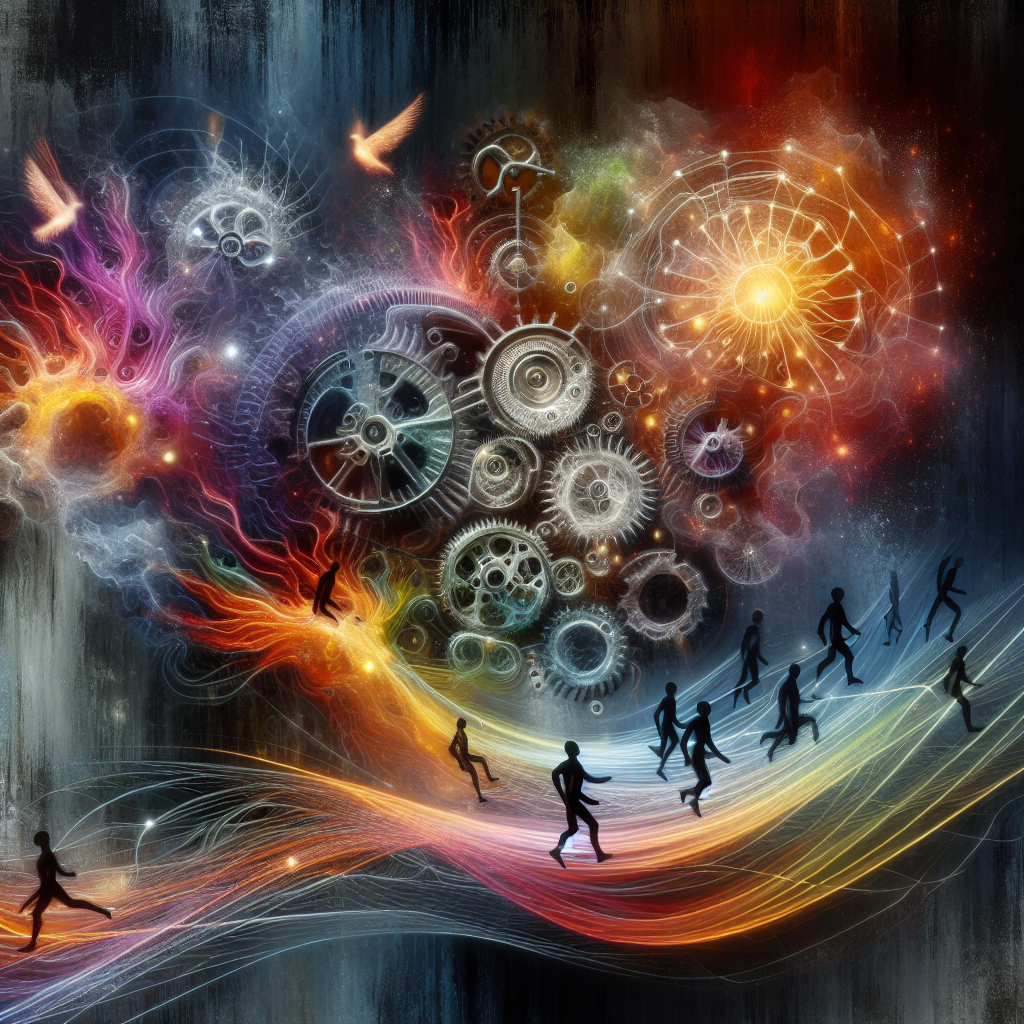
Unveiling the Neural Dance: How Our Minds Inhibit Ourselves to Understand Others
Introduction: Peering into the Mind’s Mirror Imagine being able to slip into someone else’s shoes seamlessly, perceiving the world through their eyes. This ability, which seems almost magical, is known as the Theory of Mind (ToM). It’s how we understand, predict, and engage with the emotions and beliefs of those around us. Yet, while most […]
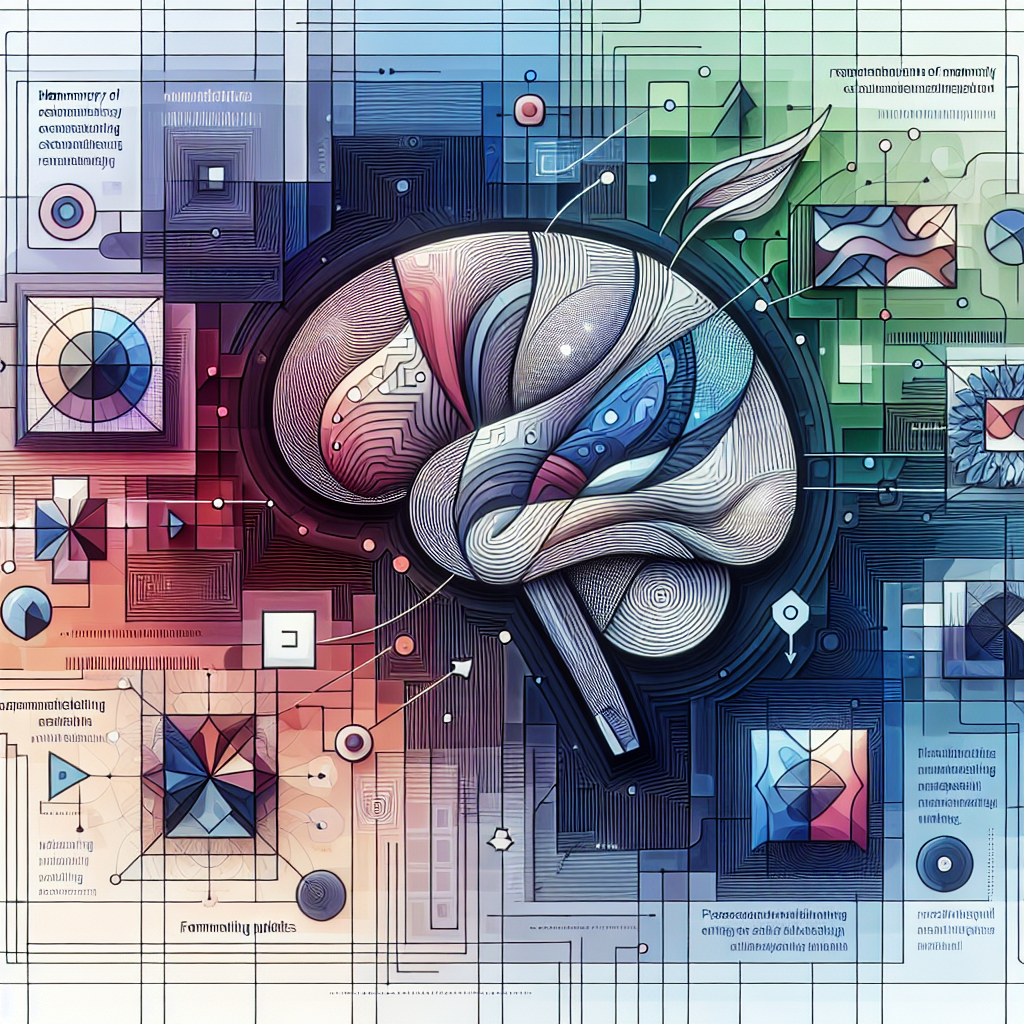
Mastering the Mind’s Toolkit: How Memory Updates Shape Emotion Regulation
Introduction Imagine this: you’ve just had a rough day, and despite your best attempts to shake off the negativity, the emotions linger. You try to shift gears, but the day’s events replay in your mind like a broken record. Why is it that some people can seamlessly move on from such moments while others are […]
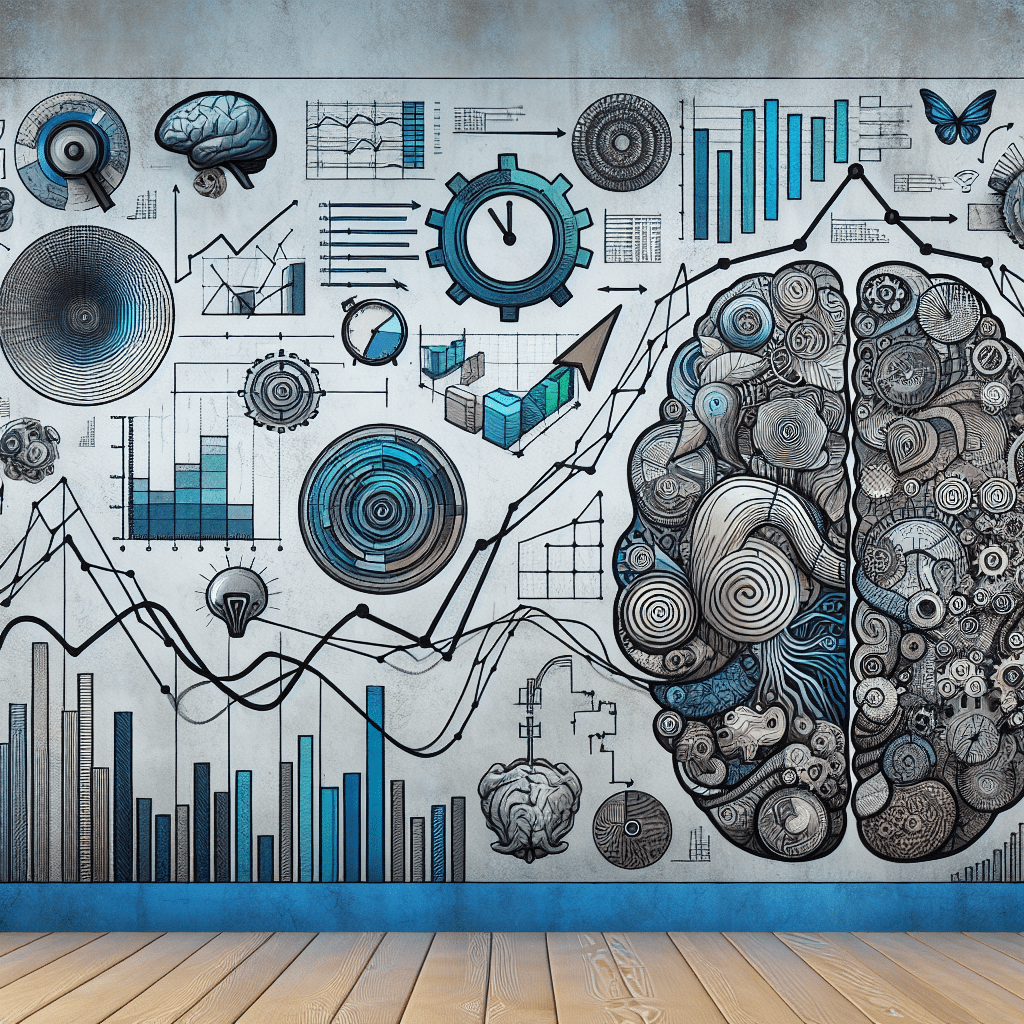
Understanding the Financial Landscape of Dementia: Insights from a Longitudinal Study
— Introduction Dementia, a relentless thief of memory and function, is not just an emotional and psychological challenge but also a massive financial burden for individuals and society alike. As the global population ages, the ripple effects of dementia on healthcare systems and familial resources grow more apparent and concerning. But what exactly contributes to […]
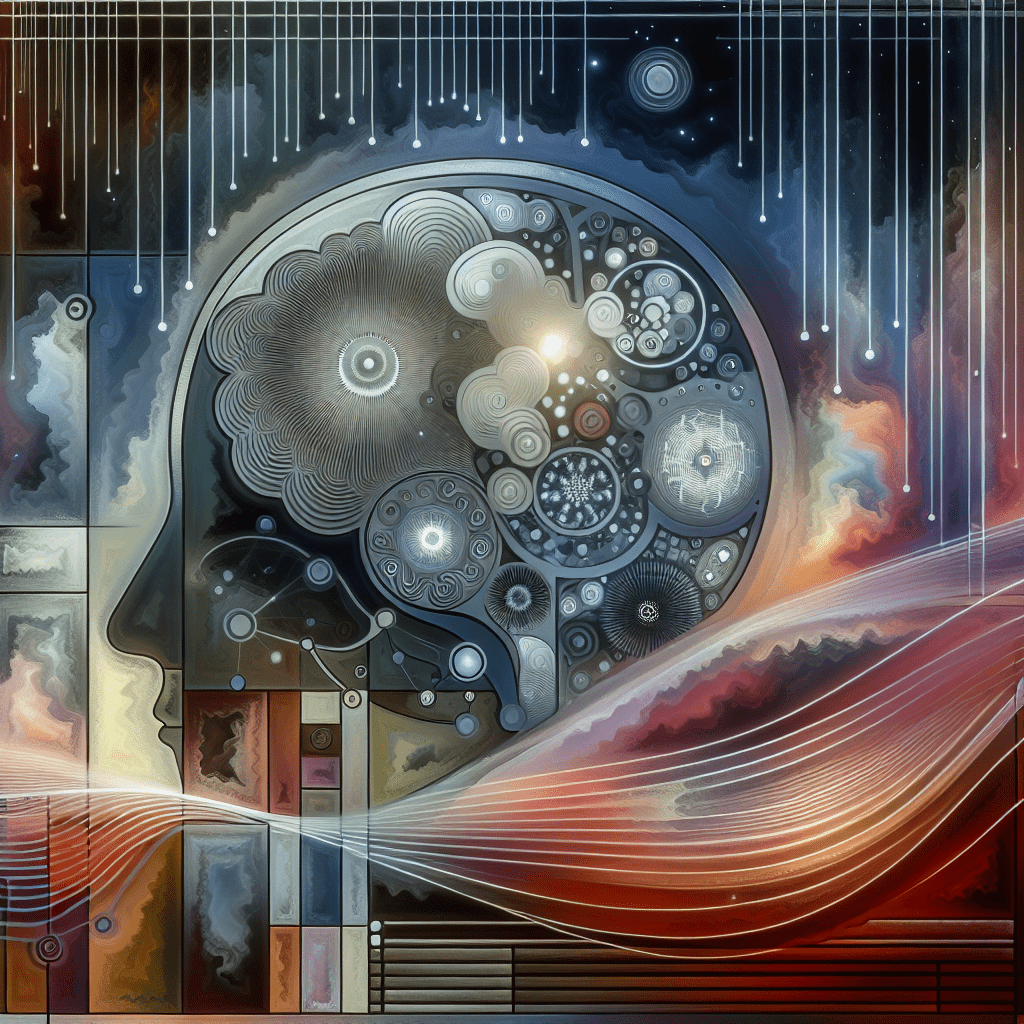
Decoding the Brain’s Whisper: Understanding Alzheimer’s and Cognitive Impairment**
Introduction: The Brain’s Whisper Imagine walking through a labyrinth where the walls shift and change with each turn—you think you know the path, but everything is unpredictably different. This might give you a slight sense of what millions face every day with Alzheimer’s Disease (AD) and Mild Cognitive Impairment (MCI). Both conditions resemble a shifting […]
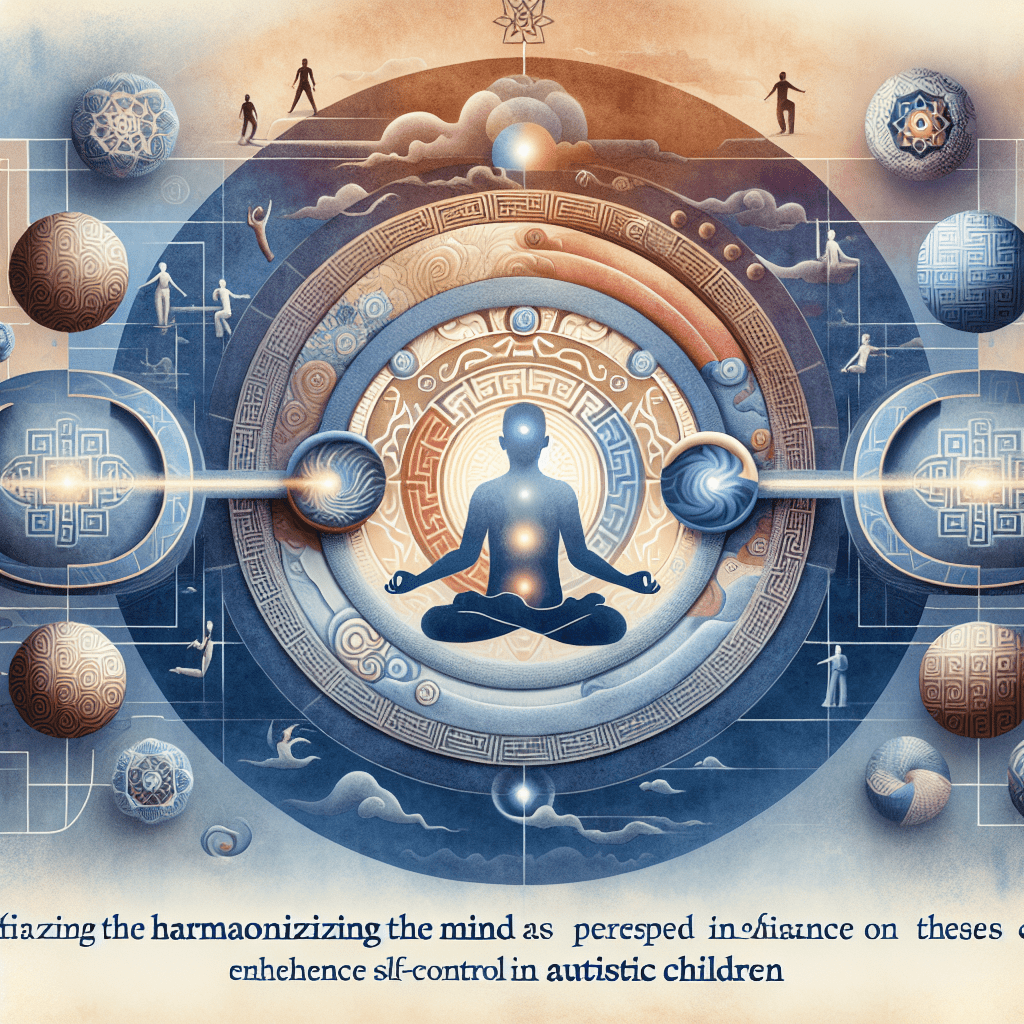
Harmonizing the Mind: How Ancient Chinese Exercises Enhance Self-Control in Autistic Children
— Introduction: The Ancient Key to Modern Challenges Imagine finding a solution to one of modern life’s most complex challenges in the quiet wisdom of an ancient practice. For many parents and caregivers of children with autism spectrum disorders (ASD), managing their child’s self-control can be an ongoing battle, characterized by frequent temper outbursts and […]
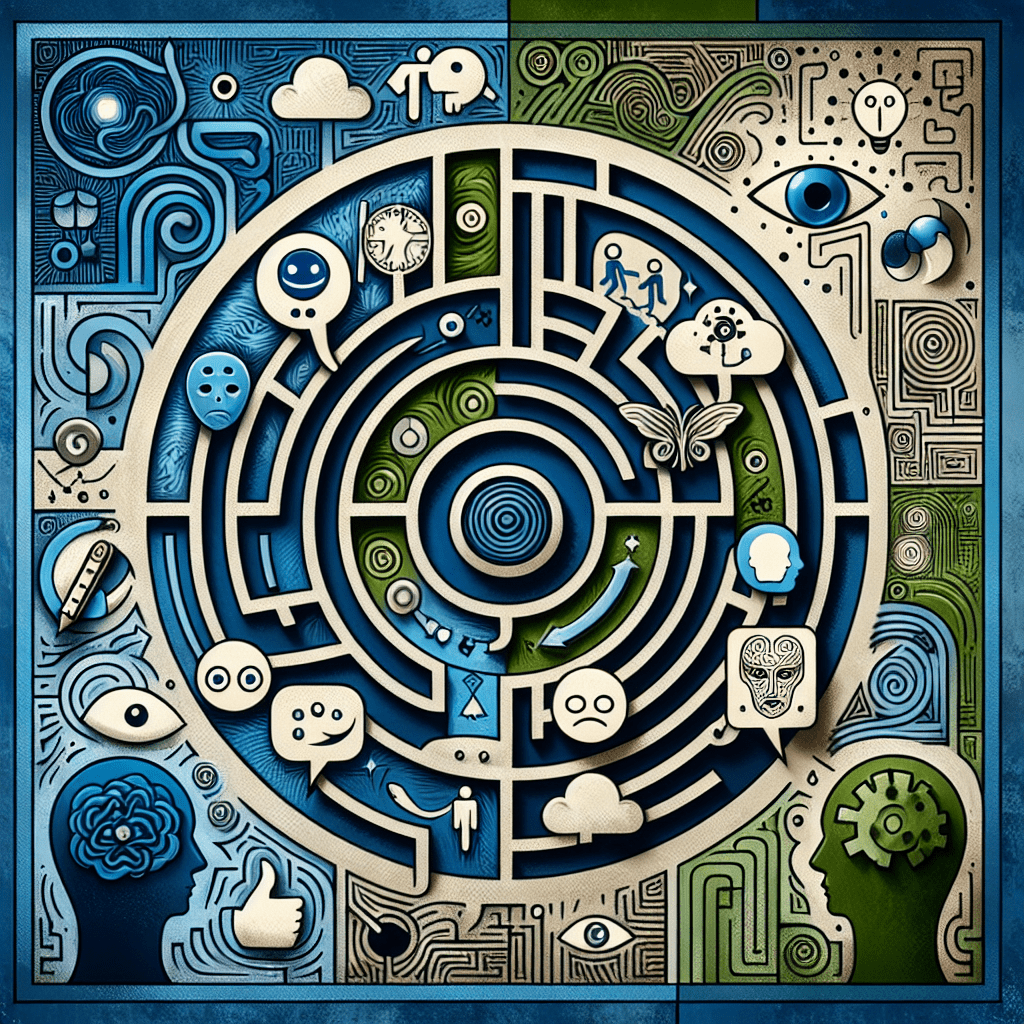
Exploring Young Minds: Understanding Social Cognition and Psychopathic Traits
Introduction Imagine you’re reading someone’s facial expression to gauge their mood, intent, or feelings. It’s something most of us do without thinking, like reading a familiar book. But for some young individuals, deciphering these social cues can be like trying to read an ancient script without a Rosetta Stone. It becomes even more challenging when […]
